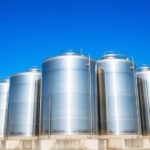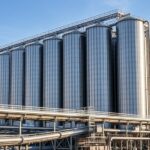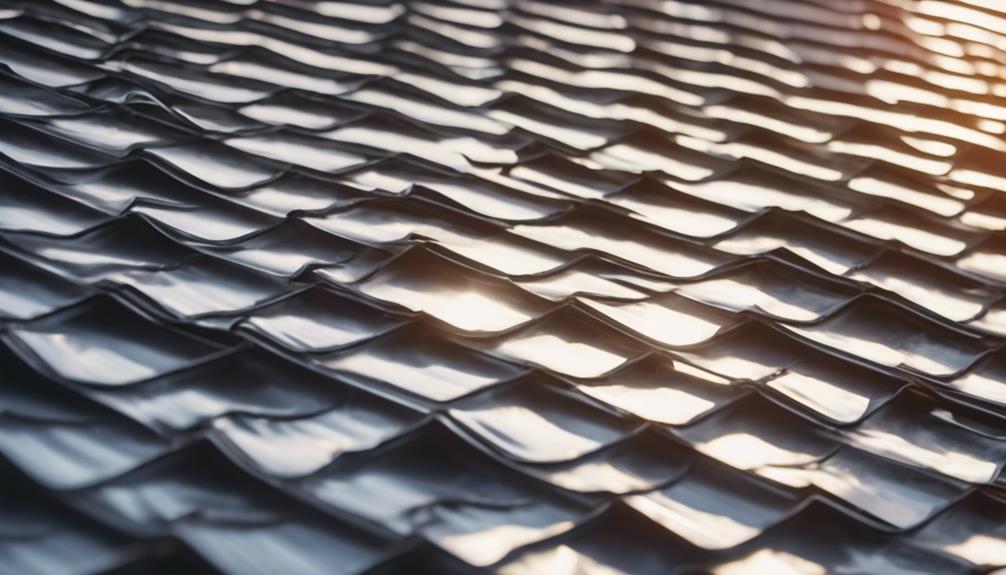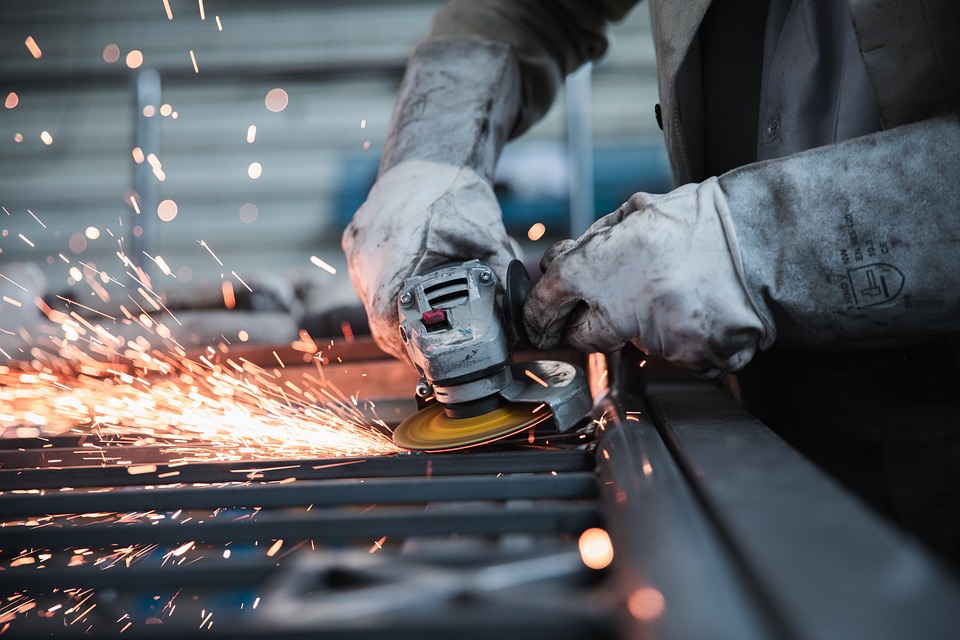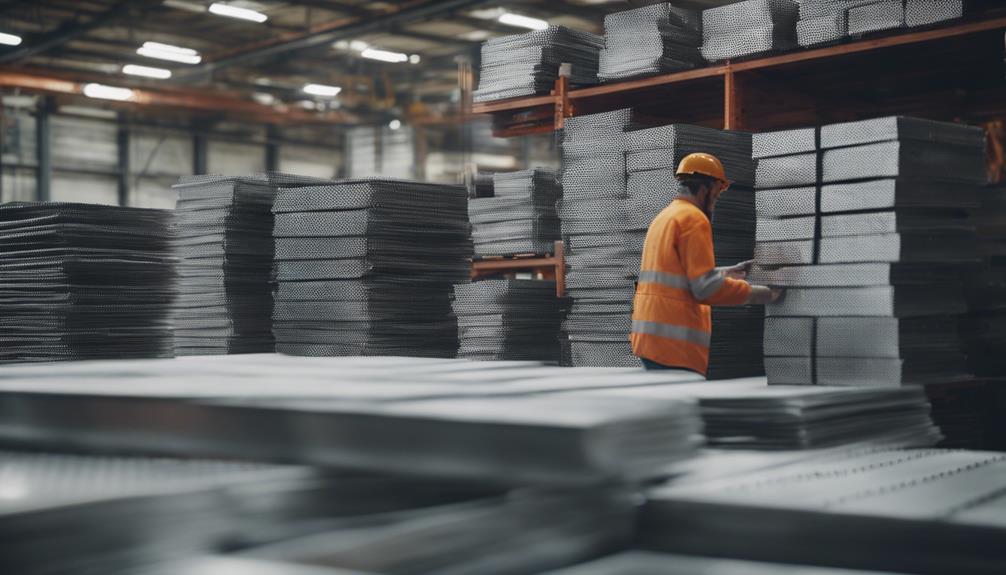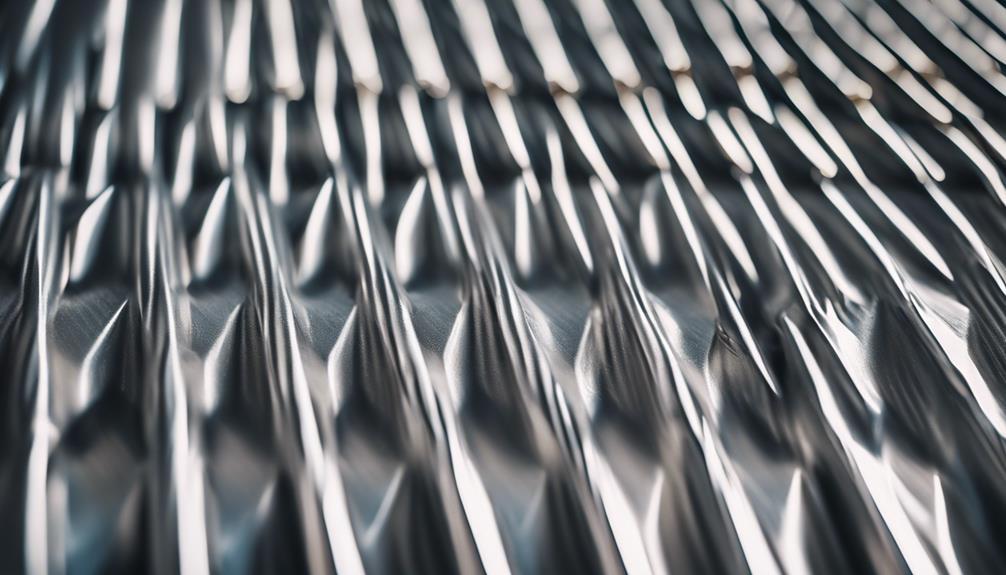Explore the diverse world of roofing materials with roof sheets that offer strength and corrosion resistance through galvanized steel, or opt for lightweight polycarbonate panels providing thermal insulation. Varying thickness options cater to different durability needs impacted by local climate and building structure. Understanding coverage areas and material selection, whether it's durable galvanized steel, impact-resistant polycarbonate, or essential low-maintenance aluminum, is vital for a successful roofing project. In addition, keep an eye out for exclusive promotions and special deals available from retailers like Home Depot, offering savings on a variety of roof panels.
Key Takeaways
- Galvanized steel and polycarbonate are popular roof sheet materials for strength and durability.
- Roof sheets come in various thickness options for enhanced protection and durability.
- Understanding coverage areas of roof sheets is crucial for estimating quantities accurately.
- Different materials offer unique advantages in terms of insulation and maintenance requirements.
- Look out for special offers and promotions on roof sheets for cost-effective options.
Roof Sheet Materials
Roofing materials play an important role in the durability and weather resistance of roof sheets, with options including galvanized steel, polycarbonate plastic, and aluminum coated steel. Galvanized steel, known for its strength and corrosion resistance, is a popular choice for roofing due to its durability. Polycarbonate roof panels are lightweight, impact-resistant, and provide excellent thermal insulation. They are often used in areas where natural light transmission is desired. Additionally, roof sheets with a ribbed profile offer increased strength and stability, making them suitable for various architectural styles. The ribbed design not only enhances the aesthetic appeal of the roof but also provides structural integrity, making it a practical choice for different roofing projects.
Roof Sheet Thickness Options
The selection of roof sheet thickness is a vital consideration for ensuring longevity and performance under varying environmental conditions. Roof sheets are available in various options, including 0.01 in, 0.012 in, 0.015 in, 0.032 in, and 0.039 in, made from materials like galvanized steel. Thicker roof sheets, such as 0.032 in and 0.039 in, offer enhanced durability and better protection against impacts and weather elements compared to thinner sheets. When choosing the appropriate thickness, factors like local climate, building structure, and intended use should be taken into account. Understanding these thickness options is essential for selecting the most suitable roof sheet that will guarantee durability and performance in the specific roofing conditions.
Roof Sheet Coverage Areas
For roofing projects, understanding the coverage areas of roof sheets is vital in accurately estimating the required quantity for installation. Roof sheet coverage areas vary depending on the specific product, ranging from 1 square foot to 24 square feet. Different materials like Zinc/Aluminum Coated Steel, Metal, and Galvanized Steel are utilized for roof sheets, each offering varying coverage areas. Panels can have widths from 16.77 inches to 27 inches and lengths from 12 inches to 42.52 inches. Some common coverage areas include 6.75 square feet, 14.3 square feet, and 16 square feet. Precise knowledge of the coverage area of roof sheets is essential for estimating the quantity needed for a successful roofing project.
Roof Sheet Material Selection
When considering the selection of material for roof sheets, it is essential to prioritize factors such as durability, aesthetics, and functionality. Common materials for roof sheets include galvanized steel, polycarbonate plastic, and aluminum. Galvanized steel offers strong durability and weather resistance, making it a popular choice for roofing. Polycarbonate plastic, on the other hand, provides options for light transmission and impact resistance while being lightweight. Aluminum is known for its corrosion resistance and low maintenance requirements. Each material has its unique advantages regarding insulation, color options, and maintenance needs. Consultation with a roofing expert can help determine the best roof sheet material based on specific needs and preferences.
Roof Sheet Special Offers
Discover exclusive promotions on roof sheets at Home Depot to maximize savings on your roofing projects. Home Depot offers special deals on various types of roof panels, including Best Seller Roof Panels priced at $19.98. Customers can choose from options like the Corrugated Galvanized Steel 31-Gauge Roof Panel and the Corrugated Polycarbonate Roof Panel in Clear. Additionally, Corrugated Plastic Roof Closure Strips are available for a seamless finish. The Savings Center at Home Depot features Special Buys on roof panels, allowing customers to save on their roofing projects. To enjoy even more savings, sign up for emails from Home Depot and receive $5 off your purchase of roof sheets while staying informed about future special offers.
Frequently Asked Questions
What Is the Cheapest Way to Sheet a Roof?
When seeking cost-effective roofing solutions, consider corrugated metal panels for durability, clear polycarbonate panels for affordability and light transmission, or ribbed steel panels for a robust option. Look for discounted bundles, promotions, rebates, or discounts to save.
Which Type of Roofing Sheet Is Best?
When considering roofing sheets, the best type is influenced by various factors such as material, durability, and cost. Metal sheets offer longevity, while polycarbonate sheets provide transparency. Consult with roofing professionals to determine the most suitable option.
What Are Roof Sheets Called?
Large sheets of material used to cover and protect building roofs are commonly referred to as roof panels. These panels come in various materials like metal, steel, polycarbonate, and plastic, providing different levels of durability and transparency.
What Goes Under Roof Sheets?
Underlying roof sheets, various components are essential for protection and functionality. Underlayment provides water resistance, insulation materials enhance energy efficiency, ventilation components guarantee air circulation, and flashing prevents water penetration around openings. Drip edge directs water away from fascia to prevent damage.


